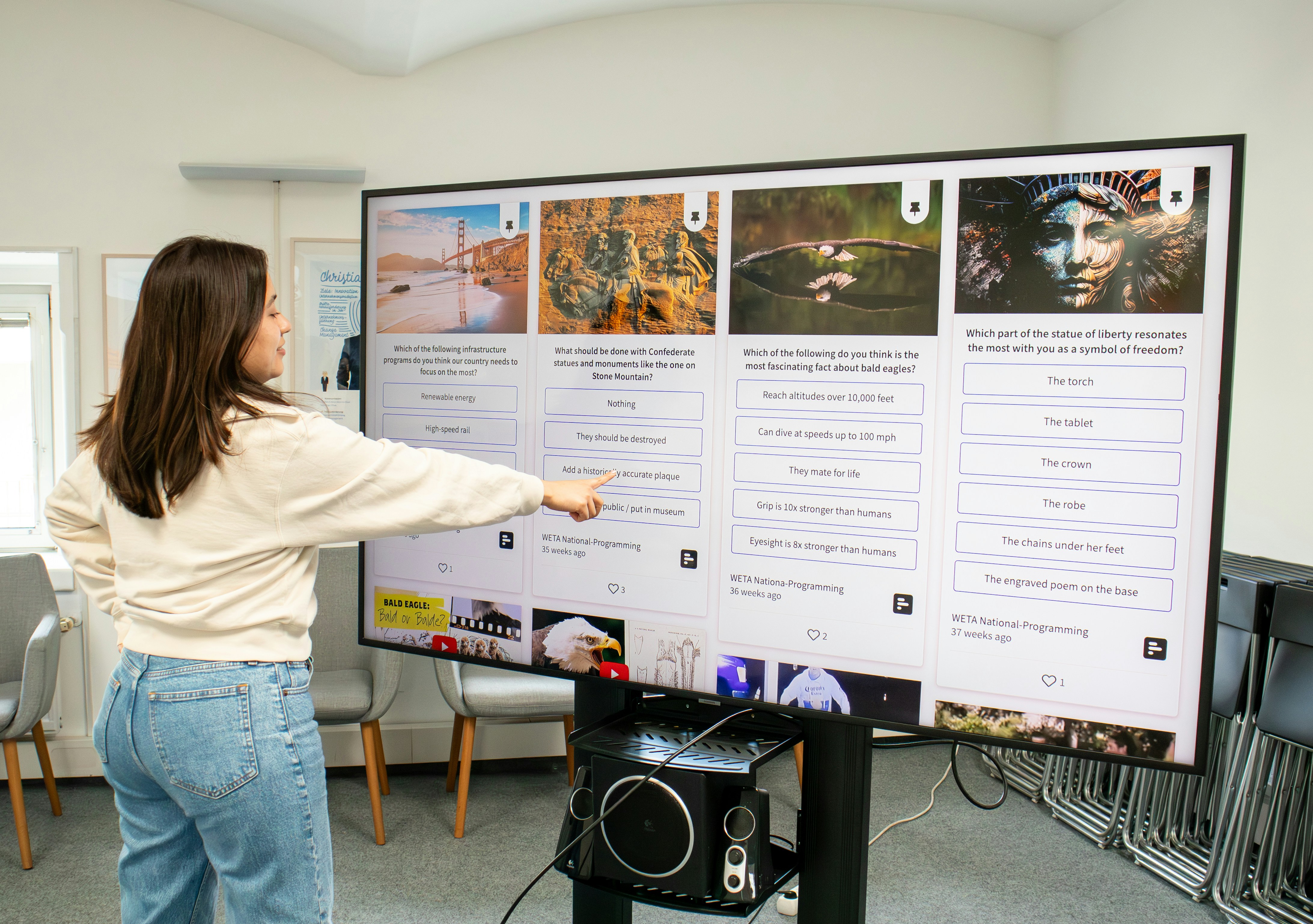Financial audits of Horizon 2020 projects are probably regarded as the scariest thing in the project lifecycle, unless you ask someone who have already been through it. Whether it is performed directly by the Commission officials or by subcontractors such as Moore Stephens, PWC, etc., the audit is basically “just another administrative procedure” that is part of the game called public funding. This also means that whether you like it or not, whether you are scared of it or not, that is going to happen anyway. Or maybe it will not – but that is beyond your control! So, let’s have a look at those things with which you can make a difference when it comes to an EC-driven financial audit.
1. Have a decent, well-thought-through budget in your proposal.
Any successful audit of a project starts with the fact that you had a decent and well thought-trough budget in your proposal and in your Grant Agreement. Although the budget is just an estimation as stated also in the GA it is crucial to have a solid basis for your financial statement(s). if you end up having to manoeuvre and provide clarifications all the time when submitting your financial reports due to deviations in the budget, you have more chances to make mistakes. Building a castle (e.g. the Form C) is much easier on rocks than on sand (e.g. valid budget or a gut-feeling estimation, respectively).
2. Implement a centralised cost-monitoring and reporting system at your organisation.
The bigger the organisation, the more likely the errors. Why is that so? It is highly expected by the auditors that one legal entity (e.g. a university) uses the same centralised system for cost tracking. Indeed, you have only one accounting system, but often different personnel cost calculation or travel cost reporting methods, or timesheets are used by different faculties and/or departments. And while some of these inconsistencies are just signs of decent financial management, some are must nots resulting in potential rejection of reported costs.
3. Make sure that the financial statements and the technical reports are consistent
It is often forgotten that the costs reported in the Form C have to be not only decently calculated and recorded, but also in line with the activities reported in the technical reports. There has to be an effective communication between the teams preparing the financial and technical reports in order to make them connected and consistent. When you charge 25 person-months in your Form C, this effort must be clearly described in the technical report. Names should appear not only on timesheets and payrolls, but also in the progress of the work packages. Same applies if not more to travel costs, equipment costs, publications, etc.: report them in detail both as a cost and as an activity.
4. Understand what the auditors want from you.
The auditors appointed to cross-check and evaluate your financial statements are just doing their job that is a clich, but often forgotten. The majority of the auditors just want to finish this procedure as soon and as smoothly as possible. However, also consider that the approach and style of the auditors may differ depending on whether they are Commission officials or employees of the company contracted by the EC to perform the audit. Experience shows that the first ones are more into checking also the necessity of the costs reported besides the usual financial protocols, while the latter ones are more into the paperwork, i.e. having all invoices, purchase orders, contracts, and bank transfer notes in place. Nevertheless, as always, exceptions apply.
5. Be aware of your responsibilities, but also of your rights.
Unfortunately, there is no official guide available on how exactly these financial audits are implemented from a practical perspective. Of course, the H2020 Grant Agreement, in particular Article 22, describes your obligations on what and how should be provided to prove your costs, but further to this not much exists. Being a bigger organisation with a legal unit, controllers and even internal auditors may help in some cases, but what to do when you have no clue at all whether the auditors have the right to copy your payrolls and keep them? When can you say No, if you can say at all?
6. Keep a positive atmosphere.
The auditors are professionals, normally they do not take these financial controlling procedures personal. So, handle it with professionalism from your side as well. Prepare yourself and your team, be aware of the possible bottlenecks and potential errors in your statements and have a clear and concise strategy on how you will handle them. By doing these, you can ensure that you are controlling things. Dont lose temper and enter into arguments on whether a cost is eligible, or a calculation method is correct or not try to explain and convince them once, maybe twice. If you do not succeed, do not worry: ask the auditors to highlight this issue in the Draft Audit Report (DAR), and you will have your chance to refer to it in writing in your comments to the DAR.
7. What to do if they found errors?
Honestly, it is quite inevitable that the auditors will find errors in your financial statements. Some believe that a perfect financial statement does not exist. Some believe that some minor errors will even help in the successful completion of the audit. You may have a third opinion here. Nevertheless, having minor errors found, even repayment of small amounts after the EC audit is not the end of the word it may actually help you to become a better financial manager, so the next financial audit will be smoother from your side!
For more information, typical mistakes, and tips and tricks don’t miss your spot at our H2020 Master of Finance and Administration and EC Audits training course in Amsterdam 16-17-18 May 2018, this time with an optional 3-day version where we will simulate an hands-on audit!
Also, if you are a Project Manager with a running H2020 project and want to learn all the tricks in the books on how to overcome successfully future audits and financial reports take a look at our Project Management and Financial Reporting training course in 11-12 April in Brussels.
Hope to see you soon!
Gabor




